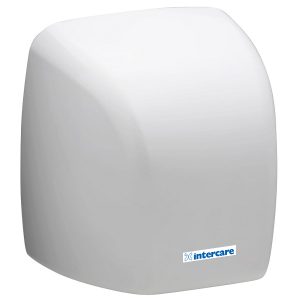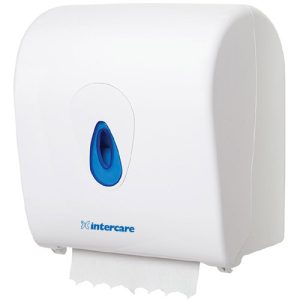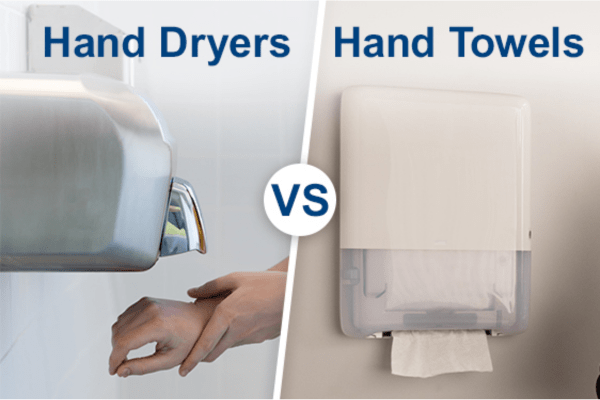In the ongoing debate over hand drying methods, the contenders are clear: traditional paper towels and modern hand dryers. While both serve the common goal of promoting hand hygiene, they come with distinct advantages and disadvantages. In this article, we will delve into the pros and cons of hand dryers and paper towels to help you make an informed decision on which method best suits your needs.
Hand Dryers:
 Pros:
Pros:
- Eco-Friendly: One of the primary advantages of hand dryers is their lower environmental impact. They eliminate the need for paper production, transportation, and disposal, which reduces overall waste generation.
- Cost Efficiency: Over the long term, hand dryers tend to be more cost-effective than paper towels. While the initial installation cost may be higher, maintenance expenses are typically lower compared to the ongoing purchase of paper towels.
- Convenience: Hand dryers provide a seamless hand-drying experience. Users simply place their hands under the dryer, and within seconds, warm air dries their hands effectively.
- Hygiene: Modern hand dryers are designed to blow filtered, clean air. This minimizes the potential for bacterial growth, making them a more hygienic option compared to traditional cloth or paper towels.
Cons:
- Noise Levels: Some hand dryers can be quite noisy, which might lead to discomfort for users or disrupt the tranquility of restroom environments.
- Drying Time: While advancements in technology have improved drying speed, some hand dryers might still take slightly longer to thoroughly dry hands compared to paper towels.
- Energy Consumption: Hand dryers require electricity to function. While they are more energy-efficient than before, concerns remain about their overall energy consumption and environmental impact.
Paper Towels:
 Pros:
Pros:
- Effectiveness: Paper towels are known for their quick and efficient hand-drying capabilities. They absorb moisture effectively and leave hands feeling dry.
- User Preference: Some people simply prefer the tactile feel of paper towels. They find them more comfortable to use and perceive them as a cleaner option.
- Quiet Operation: Unlike some noisy hand dryers, paper towels create no additional noise, contributing to a quieter restroom environment.
- Accessibility: Paper towels are accessible to all users, including those with mobility issues or disabilities.
Cons:
- Environmental Impact: The production and disposal of paper towels contribute to deforestation and waste accumulation. This has raised concerns about the sustainability of this hand drying method.
- Cost: Over time, the recurring cost of purchasing paper towels can add up, making this method less cost-effective compared to hand dryers.
- Maintenance: Regular refilling of paper towel dispensers and managing waste disposal can be time-consuming and resource-intensive.
- Hygiene: Paper towels can sometimes be a breeding ground for bacteria if they are not properly disposed of or if dispensers are not kept clean.
Conclusion:
In the debate between hand dryers and paper towels, there is no definitive winner. The choice between the two largely depends on the specific needs and priorities of a given setting. Hand dryers offer environmental benefits, cost efficiency, and improved hygiene, while paper towels provide quick drying, user comfort, and ease of use. When making a decision, considering factors such as restroom foot traffic, maintenance capabilities, budget, and sustainability goals will help you choose the method that best aligns with your requirements. Ultimately, both options contribute to promoting better hand hygiene, which is the ultimate goal in maintaining public health and well-being.

